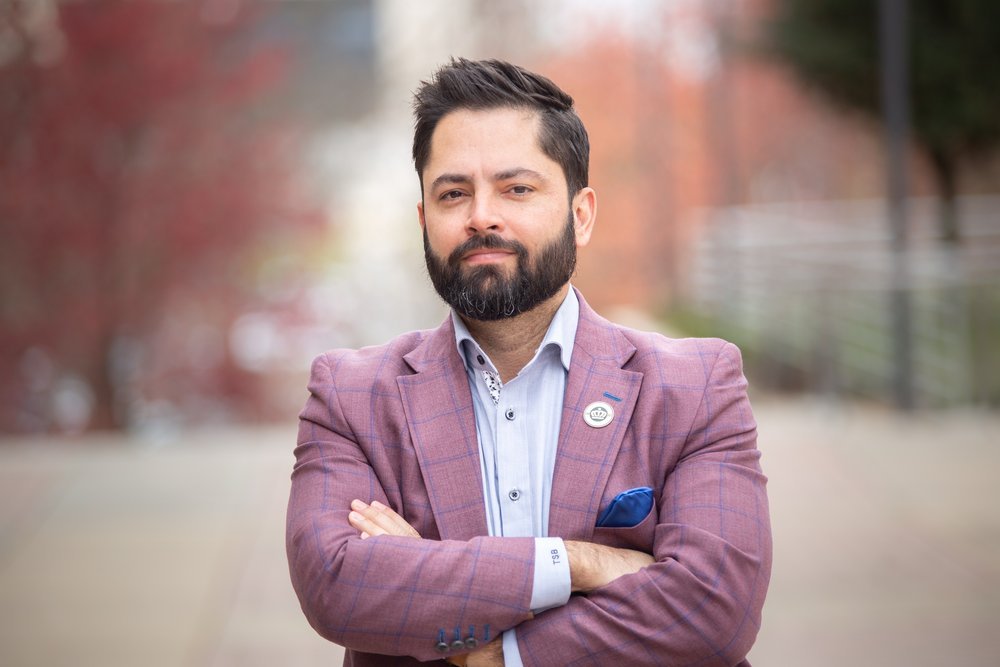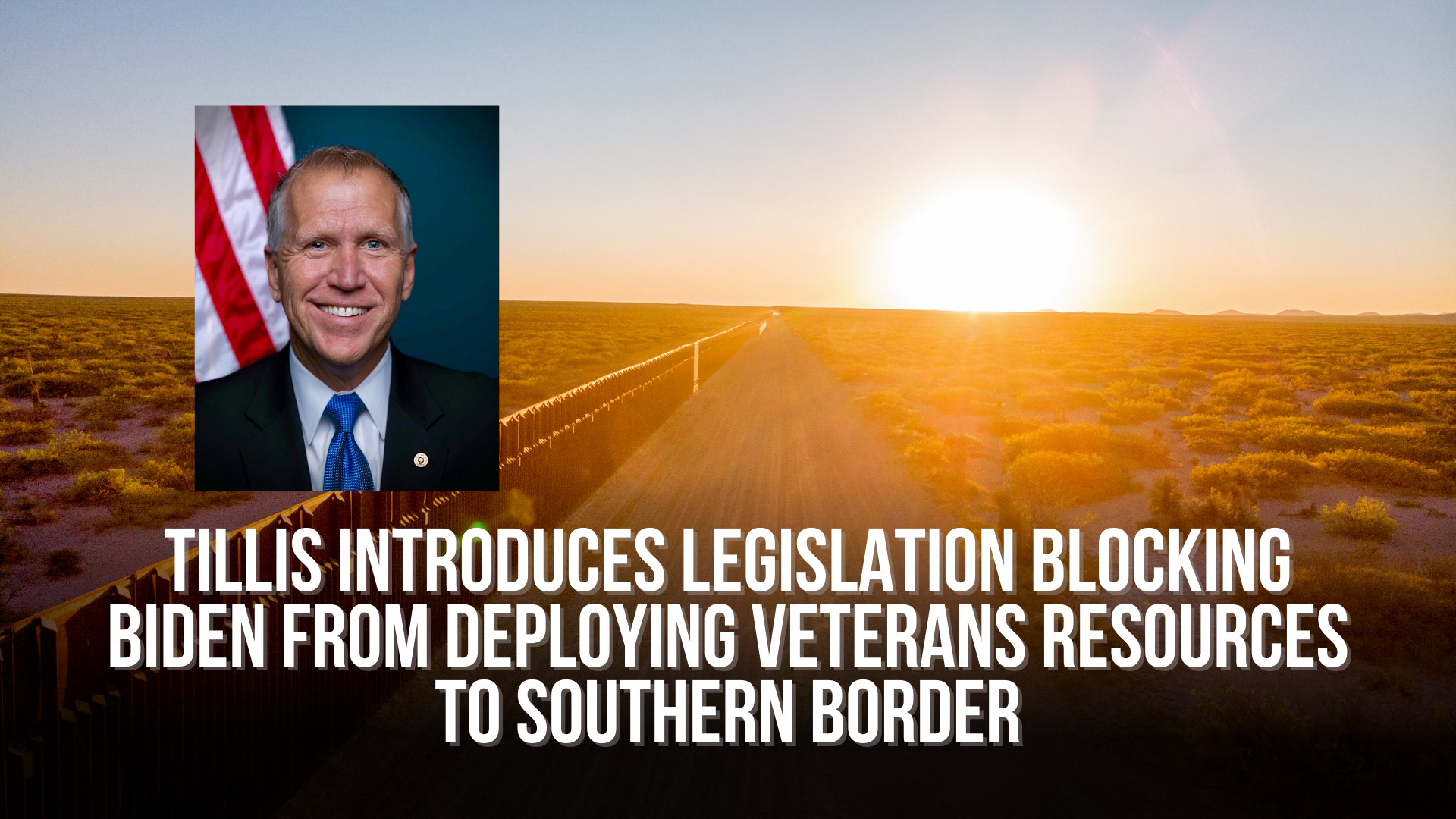Split Appeals Court panel rules felon voting can begin in November
Image attached of N.C. Court of Appeals building in Raleigh. Carolina Journal file
By CJ Staff
A panel of the N.C. Court of Appeals has split 2-1 to rule that felons can vote in N.C. elections starting in November. Two Democratic judges agreed to the change, while a Republican colleague dissented.
The decision arrived Tuesday through an order addressing state legislative leaders' request for a "writ of supersedeas." That type of legal action would block a trial court's ruling allowing 56,000 felons to vote in North Carolina.
Judges John Arrowood and Allegra Collins agreed to block felon voting for elections scheduled May 17 and July 26. Their order refers to the state Supreme Court's September 2021 decision to block felon voting in last year's municipal races.
"The status quo established by the North Carolina Supreme Court’s 10 September 2021 order in this cause shall remain in effect through these elections," the new Appeals Court order stated. "Thereafter, the North Carolina State Board of Elections is ordered to take actions to implement the 'Final Judgment and Order' for subsequent elections."
The "Final Judgement and Order" refers to a Superior Court panel's 2-1 ruling on March 28 that felons should be allowed to register and vote if they have completed active prison time. The ruling would apply to felons on parole, probation, or post-release supervision. Supporters have said the change could affect 56,000 people.
Arrowood and Collins are Democrats. Judge Jefferson Griffin, a Republican, dissented from the order.
"The majority seemingly believes that, although there are good legal grounds to issue a writ of supersedeas at this time, those grounds will somehow disappear between this primary election and the upcoming general election," Griffin wrote. "There is no basis in law or fact to justify such a conclusion. I would therefore allow the petition for writ of supersedeas unconditionally, for the purpose of staying the trial court’s order and maintaining the status quo pending disposition of this appeal."
Griffin warns of the "high risk or irreparable harm" to the public interest if felon voting proceeds before the legal dispute reaches its final resolution. "If convicted felons are permitted to vote in the November election and Petitioners subsequently prevail on the merits of their appeal, untold thousands of lawful votes cast by North Carolina citizens likely will be diluted by votes cast by convicted felons in violation of our State Constitution," he wrote.
The dissenting judge argued that legislative leaders are "exceedingly likely to succeed" in overturning the trial court's ruling. He cites Article VI, Section 2(3) of the state constitution. "The framers of our State Constitution, and the people of this State, established in this provision that convicted felons would not be treated the same as similarly situated, law-abiding citizens and would not be entitled to [the] same right to vote in free elections," Griffin wrote. "Instead, convicted felons would not have the right to vote unless their voting rights are restored 'in the manner prescribed by law.'”
Griffin concludes his dissent by encouraging the full 15-member Court of Appeals to consider the case in what's called an "en banc" hearing, "to protect an orderly election, the rule of law, and the appeal process." Republicans outnumber Democrats, 10-5, on the state's second-highest court.
Meanwhile, the state Supreme Court is still considering a request to step into the case titled Community Success Initiative v. Moore. Democrats outnumber Republicans, 4-3, on the state's highest court.
The most recent Civitas Poll from the John Locke Foundation found that 66% of likely general election voters support the state constitution's current restrictions on felon voting. Among those surveyed, 54% opposed the trial court's ruling allowing felons to cast votes before completing their full sentences.



